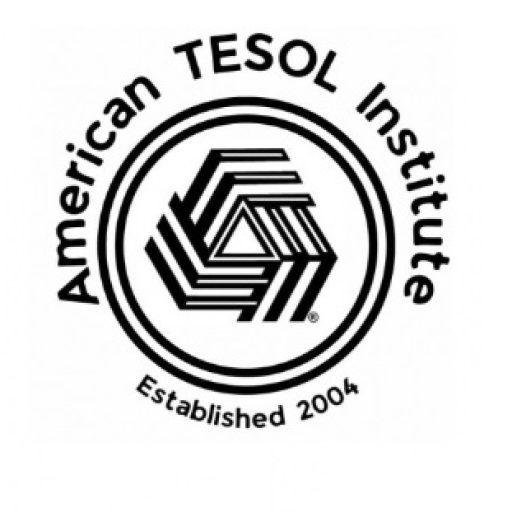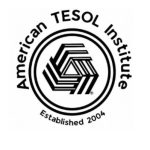Introduction Incorporating guest speakers into the classroom is a powerful strategy for TESOL (Teaching English to Speakers of Other Languages) teachers. Not only does it bring real-world context to lessons, but it also inspires students by providing fresh perspectives on language use, culture, and career opportunities. This article will explore the benefits of using guest speakers in the TESOL classroom and offer practical steps for integrating them into your teaching strategy.
Why Guest Speakers? Guest speakers can bridge the gap between textbook learning and real-life communication. They offer students exposure to a variety of English accents, idiomatic expressions, and cultural experiences. This exposure is invaluable for English language learners (ELLs), as it prepares them for authentic interactions outside the classroom.
Key benefits include:
- Real-world Application: Guest speakers often use language in contexts that are different from the classroom setting, helping students see how language is applied in daily life, work environments, and social interactions.
- Cultural Exposure: Inviting speakers from different cultural backgrounds fosters a deeper understanding of the English-speaking world, introducing students to diverse traditions, customs, and ways of thinking.
- Career Insights: Industry professionals as guest speakers can motivate students by showing how English proficiency opens up career opportunities.
- Increased Engagement: Guest speakers provide novelty and variety, which helps maintain student interest and motivation.
Steps for Implementing Guest Speakers in Your TESOL Classroom
- Identify Your Objective Before inviting a guest speaker, define what you want your students to learn. Are you focusing on conversational English, business communication, or cultural awareness? Align the speaker’s background with your lesson objectives. For example, a journalist could talk about storytelling, while a business executive could discuss formal communication.
- Choose Relevant Speakers Choose speakers who can offer expertise that is relevant to your students’ interests and goals. Some possibilities include:
- Native English speakers who can demonstrate natural speech patterns.
- Professionals from fields like hospitality, tourism, education, or business.
- Individuals who learned English as a second language and can share their journey.
- Prepare the Students To maximize the impact of the guest speaker, prepare your students in advance. Provide background information about the speaker and their topic, and introduce key vocabulary or concepts that will be discussed. This ensures that students can follow the presentation and ask thoughtful questions.
- Engage Students During the Session Encourage students to actively participate during the session. They can prepare questions ahead of time, which allows them to interact with the speaker confidently. You can also assign listening tasks, where students note new vocabulary or observe certain linguistic features like intonation or formality.
- Follow-Up Activities After the session, consolidate the learning experience by engaging students in follow-up activities. These could include:
- Group Discussions: Have students discuss what they learned and how they can apply it in their own language use.
- Reflection Essays: Assign a short essay where students reflect on the speaker’s message and how it relates to their language journey.
- Role-playing: Create scenarios based on the speaker’s content, where students can practice the language and skills they observed.
- Virtual Guest Speakers If you face geographical or logistical challenges, consider inviting virtual guest speakers through video calls. This can expand your pool of potential speakers, allowing you to bring in professionals and experts from around the world without needing to accommodate travel.
Conclusion Guest speakers are a dynamic and inspiring resource for TESOL teachers. By offering students real-world exposure to language and culture, guest speakers enhance the learning experience, increase motivation, and prepare students for success beyond the classroom. With careful planning and thoughtful integration, guest speakers can become a vital part of your TESOL teaching toolkit.
This approach can inspire students to not only improve their English skills but also to envision future opportunities that mastering the language can bring.



